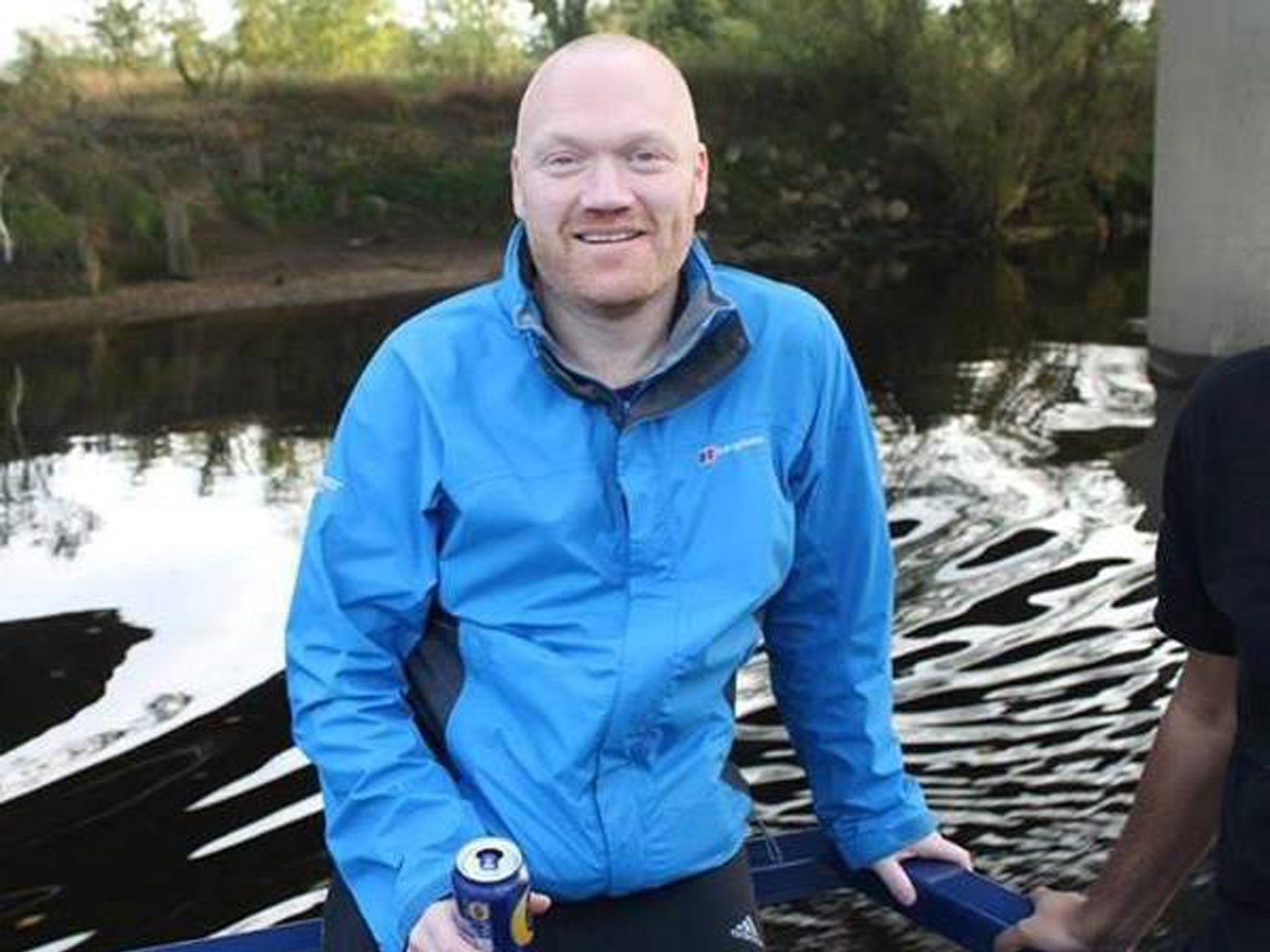Missing Cornish hiker: New Zealand rescue crew is 'confident' recovered body is that of Andrew Wyatt

Your support helps us to tell the story
From reproductive rights to climate change to Big Tech, The Independent is on the ground when the story is developing. Whether it's investigating the financials of Elon Musk's pro-Trump PAC or producing our latest documentary, 'The A Word', which shines a light on the American women fighting for reproductive rights, we know how important it is to parse out the facts from the messaging.
At such a critical moment in US history, we need reporters on the ground. Your donation allows us to keep sending journalists to speak to both sides of the story.
The Independent is trusted by Americans across the entire political spectrum. And unlike many other quality news outlets, we choose not to lock Americans out of our reporting and analysis with paywalls. We believe quality journalism should be available to everyone, paid for by those who can afford it.
Your support makes all the difference.Mountain rescuers searching for a British hiker in New Zealand are “confident” the body they have recovered at the bottom of a 100-metre cliff is him.
Andrew Wyatt, 41, from Cornwall, was last seen on 15 December when he set off on what was to be a one-day hike along part of the Te Araroa Trail, which covers 1,860 miles from Cape Reinga, in the north of North Island, to Bluff, at the southern end of South Island.
The news represents a second tragedy for his family. In 2010, Mr Wyatt’s brother, Duncan, took his own life just days before Christmas.
Search co-ordinator Constable Dave Cogger said Mr Wyatt, from Penryn, Cornwall, had an "unsurvivable" fall from Lake Constance Bluff.
"Police say they are confident the body recovered from Nelson Lakes National Park on Friday afternoon is that of missing British man Andrew Ian Wyatt," a New Zealand police spokesman said.
"Police are now trying to arrange a formal identification of the body. Mr Wyatt's family in Britain have been advised.
A spokesman for the Foreign and Commonwealth Office in London said it was aware of the death of a British national in New Zealand and was providing consular assistance to the family.
A member of the Methodist church in Penryn, the Cornish village where Mr Wyatt’s parents Donald and Lorna live, said they had been “just getting over Duncan, and now Andrew”.
On the day he went missing, Mr Wyatt left Blue Lake Hut at about 6am to walk to Waiau Pass. Sherp Tucker, a training officer for the search-and-rescue team in Nelson, told the Sunday Star Times newspaper that this part of the route was “rugged” and “one of the more remote and difficult parts” of the trail. “It is a frequent place for the rescue helicopter to go to beacon activations for people who are hurt,” he added.
Bad weather prevented searchers from reaching the area before yesterday, when four specialist alpine rescue crews, plus a dog team and a communications team, were dropped in by air force helicopter.
PC Dave Cogger, the search co-ordinator, told the New Zealand Herald that he had been in daily contact with Mr Wyatt’s parents, who he said were extremely concerned for their son’s welfare.
The Te Araroa Trail was officially opened in December 2011 and is described on its website as “the greatest New Zealand adventure there is”.
The tourism and business website newzealand.com says Nelson Lakes National Park is “an enchanting alpine landscape of rugged peaks, forests and stunning glacial lakes”, comprising “mountain ranges separated by forested valleys”. It is “home to the beginning of the awe-inspiring Southern Alps”.
Join our commenting forum
Join thought-provoking conversations, follow other Independent readers and see their replies
Comments